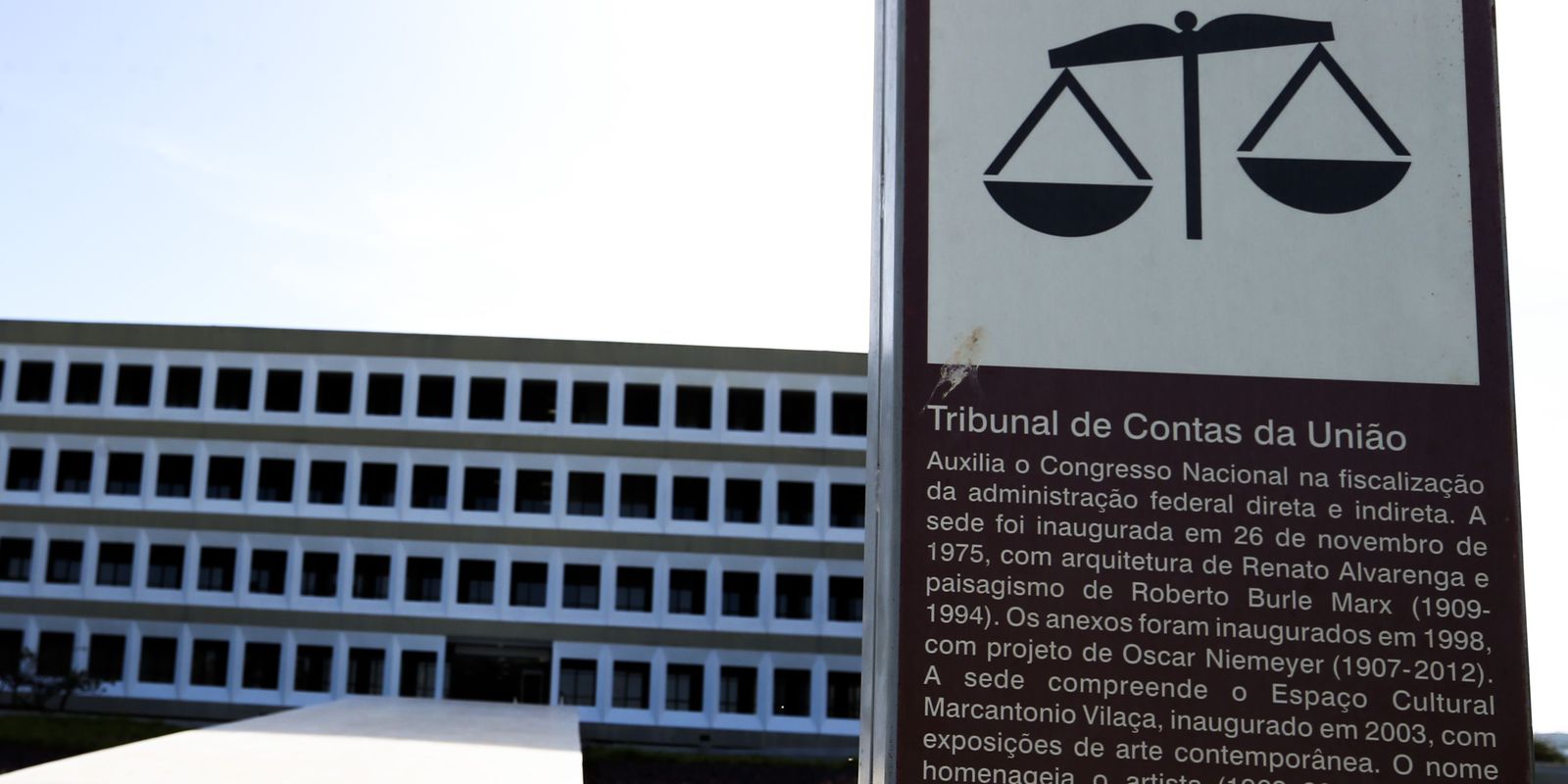The Federal Court of Accounts (TCU) authorized today (15) the continuation of the privatization processes of the ports of São Sebastião (SP) and Itajaí (SC). The agency also authorized the Companhia Paranaense de Energia (Copel) to renew in advance the concession of a hydroelectric plant before the company is privatized.
In the case of ports, it will be up to the National Waterway Transport Agency (Antaq) to prepare the auction notices. Minister Walton Alencar, rapporteur for the case, determined that the proceeds from the sale of the ports go directly to the National Treasury, instead of going to a specific account destined for the financial rebalancing of the contracts and to pay eventual indemnities.
With regard to the port of Itajaí, the ministry ordered the Ministry of Ports and Airports and Antaq to withdraw from the public notice the collection of inspection funds and to update the competition studies for the undertakings. Alencar also recommended that the ministry evaluate the submission of a bill to Congress so that the values obtained with the privatizations are converted into investments in the projects themselves.
Since December 2021, the Port of São Sebastião has been part of the National Privatization Program (PND). The port of Itajaí was qualified for the Investment Partnerships Program (PPI) in June 2020. TCU’s authorization leaves the decision on privatizations to the Ministry of Ports and Airports, which informed that it does not intend to proceed with sales in this government , at the most auctioning the port terminals and some services, such as dredging, without ceasing to control the ports.
copel
The TCU also approved today that Copel accelerates the renewal of the concession of the Foz do Areia hydroelectric plant before it is privatized. Originally, the plant’s concession would expire in 2024, but Copel, Paraná’s state-owned electricity company, had agreed with the Ministry of Mines and Energy in October last year, to bring forward the renewal of the concession, paying a bonus until December of this year.
The anticipation allows the plant to remain under Copel’s control after privatization, instead of having the concession reverted to the Union. In November last year, the Legislative Assembly of Paraná approved the privatization of Copel, with a model of golden share, which allows the state government to have veto power over company decisions. At this time, the Paraná Court of Auditors is analyzing the privatization model.














